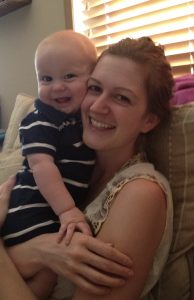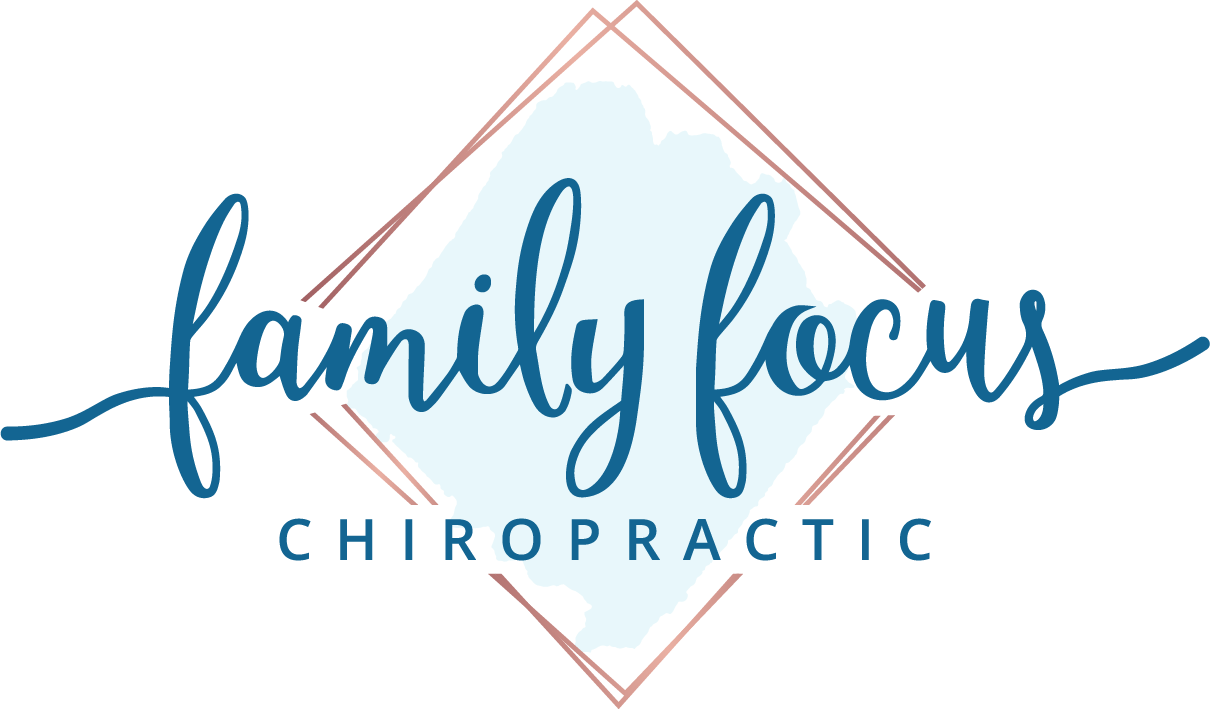My Experience with Anxiety
This has been in the making for six years. How do I eloquently explain anxiety? It’s an out of body experience that’s hard to describe and loved ones don’t always seem to fully comprehend what you’re going through at the time. I never had any anxiety before until the perfect storm happened. I went through graduate school, opened a practice, had a baby and tried to keep the practice surviving. It was too much for my brain to handle.
I recall having two panic attacks. I remember one clearly. I remember the attempt to help me by my husband telling me to “just breathe”. It’s not that easy. Your conscious brain knows you’re being irrational but you can’t get off the cyclic roller coaster of negative thinking.
I was misdiagnosed with iron anemia based on low hemoglobin and was told to take an iron supplement, which is why I’m such a stickler on having adequate labs now to see the full picture for patients. It’s also why it pains me when people ask for advice on the internet as there are usually so many possibilities and what worked for one person may not work for the next.

A colleague and class mate of mine received his functional neurology diplomate and I sent him a message about what was going on. He was gracious enough to have me come to his clinic on a late Friday afternoon. He did a thorough neurological exam. He diagnosed me with dysautonomia, where my brain was in a constant sympathetic state of fight or flight. Our bodies do best in the rest and digest state also called the parasympathetic state. It’s in the parasympathetic state that our bodies are able to regenerate, heal and obviously digest. During this time, I also had an increasing amount of food sensitivities, severe abdominal pain and could not keep on any weight. A number of women made comments how easy I had it that I lost all my baby weight. If only they knew that my struggles were maintaining any weight to keep milk supply up to feed my baby or to even enjoy the baby time as stress was at an all time high. I couldn’t stop thinking about how to keep my practice surviving and growing. It was by far the most stressful point in my life up to this point.
The beauty of going through this was that I learned so much more about what the brain is capable of and how to help people even more. Before I even left his office, I felt more like me, the care free and goofy person instead of the person that couldn’t stop thinking about money and how we were going to make it. He also recommended a comprehensive lab panel. It turned out that I actually had B12 anemia secondary to low stomach acid, which can be the result of chronic stress.
Through brain exercises and proper supplementation specific to me, I was able to heal. It pushed me further to realize more fully the ability to heal. It also drove me to learn more about functional neurology and how to rewire the brain. “Functional neurology views the nervous system as a moldable, changeable entity that can be affected in its function through virtually unlimited types of environmental stimulation.” Functional neurology is why I make you touch your finger to your nose, test your balance, check your spatial awareness, look at eye movements and pupillary response so that a specific plan can be drafted for you. The functional medicine side of my practice is also why I am usually telling people that they need more labs than what they’ve brought in, as we need more pieces to the puzzle to be able to see the big picture. Functional medicine fills the realm between health and disease. It works well left for those people that are in the middle where they don’t feel their best but are told that their labs are “normal”. Functional medicine utilizes lab evaluations, a thorough intake, specific supplementation and lifestyle changes to work toward’s a person’s health goals.
Whether you deal with anxiety in the postpartum period or otherwise, I would definitely add a chiropractor trained in functional neurology and functional medicine onto your health care team. They can evaluate your neurology and physiology to give you specific recommendations based on both. It’s a multifaceted approach to look at your function rather than absence of disease.
General recommendations for those with anxiety:
- Deep breathing exercises. Retrain your diaphragm.
- Vagus nerve exercises. Gargling, humming, singing loudly to make sure vagus nerve fires into your GI. If it doesn’t, you can get opportunistic infections, which can further drive anxiety, contribute to malnutrition and increase the number of food sensitivities you have.
- Meditate. Retrain your brain to the rest and digest portion.
- Do less. Lower your expectations so that if the day doesn’t go as planned, you’re not angst with disappointment.
- Ask for help whether it be prepping food, childcare or need time with a friend.
My story in no way replaces medical advice. I’m simply sharing the possibilities of rewiring your brain to offer another tool to heal.
Book Recommendations on Neuroplasticity:
- The Brain that Changes Itself by Norman Doidge, MD
- The Brain’s Way of Healing by Norman Doidge, MD
- Why Isn’t My Brain Working? by Datis Kharrazian, DC
Yours in Health,
Dr. Graper
P.S. Sometimes people tell me a story to give an example of how bad their brain function is. During this time, we lived in a town home where my husband had to park behind me. One time when leaving the driveway, I completely forgot his car was behind me even though I had seen it before I got into the care and backed into it….with my mom in the car. So I get it. 🙂

